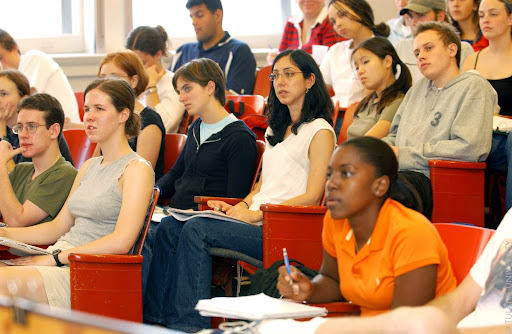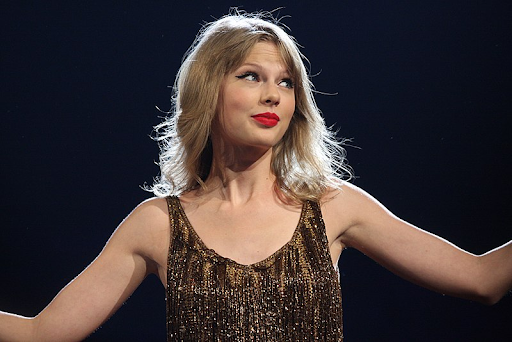Lately I have been thinking about academic freedom, freedom of speech, and protected speech. Steven Salaita’s case has made me keenly aware of the ways in which protected speech is not so protected and academia is not so free. In fact, it can get pretty expensive. It cost Salaita his livelihood, his security and the security of his family.
While many on campus were offended by Edwin Black’s impending lecture, aghast at Guilford’s hosting of him for a second time, and confused by our providing a space for ideas potentially threatening to the dignity and humanity of community members, no one entertained the thought of silencing Black. Concerned students simply decided not to listen – they walked out. Black was free to speak and the students were free not to engage. Their decision to do so in the manner of a walk-out meant that they were actively not listening; this is very different from simply not showing up, a passive gesture with no overt communal intentionality.
As the students filed out in silence, a high-level administrator who interacts with students on a daily basis shouted at them. Black then shamed the students who left and praised those who stayed. According to Black, “Guilford should not be happy that this was the first time in [his] career that anyone has orchestrated [a walkout from one of his talks].” The students made their protest in silence, but the response, from people with power over them no less, was anything but. There wasn’t even the customary moment of silence to begin the talk.
What interests me about Black’s visit, besides the highly telling silences of those refusing to listen and the resounding sounds of those refusing to be silenced and perhaps more importantly refusing to be unheard, is the way it was packaged for us, the remaining audience members. In the introduction and conclusion to his talk, Black’s visit was cast as an exercise in multiple perspectives. Given the bloody summer in Gaza, we were reminded how important it is to listen to different perspectives. So does it follow that because Black represents a “different” perspective, it is necessarily valuable? Is “difference” all we aspire to, the most important requirement in determining the value of a perspective? And is what he says more important than how he says it?
Representing a multiplicity of perspectives is a noble goal. Especially at a place like Guilford, where our core values ought to quicken and invigorate our actions, we must endeavor to humanize everybody and not dehumanize anybody. I am afraid, however, that nobody was humanized by Black’s talk, whether in the content of his speech or in the spectacle of its performance. The students who walked out were dehumanized; the Palestinians who, according to Black, use their children as “human shields” and “train” them to harass Israeli soldiers in “riots” (peaceful protests) against the Israeli “establishment” (Occupation) and demand to be sprayed with sewage water, were dehumanized; the audience members questioning Black’s statements and whom Black harangued and all but accused of racism and ignorance were dehumanized.
It is often the case that “opposing” views are dehumanized. However, in Black’s lecture, everybody was. The man who tragically lost a daughter to a terrorist bombing in Jerusalem, and was, in talk show fashion, called upon from the audience to give his testimonial and broke into tears, was dehumanized as a prop in Black’s magic show extravaganza. Black even managed to dehumanize himself. Frequently positing himself as the center of all knowledge and meaningful experiences, emphasizing the superiority of his perspective above all others, talking over audience members whom he himself called upon to speak, Black distanced himself from us as an individual with whom one could engage in civil and useful discourse.
Black’s talk, from beginning to end, was a performance. This makes sense as it was actually part of a promotional tour for his new book and hence a free lecture offered to the College. But perhaps, in the pursuit of “multiple perspectives,” we ought to aspire to more than just free difference; after all, there’s free speech and then there’s speech for free. Perhaps we ought to aspire to difference that allows everyone to be free – free to speak, to be silent, and to dialogue.






